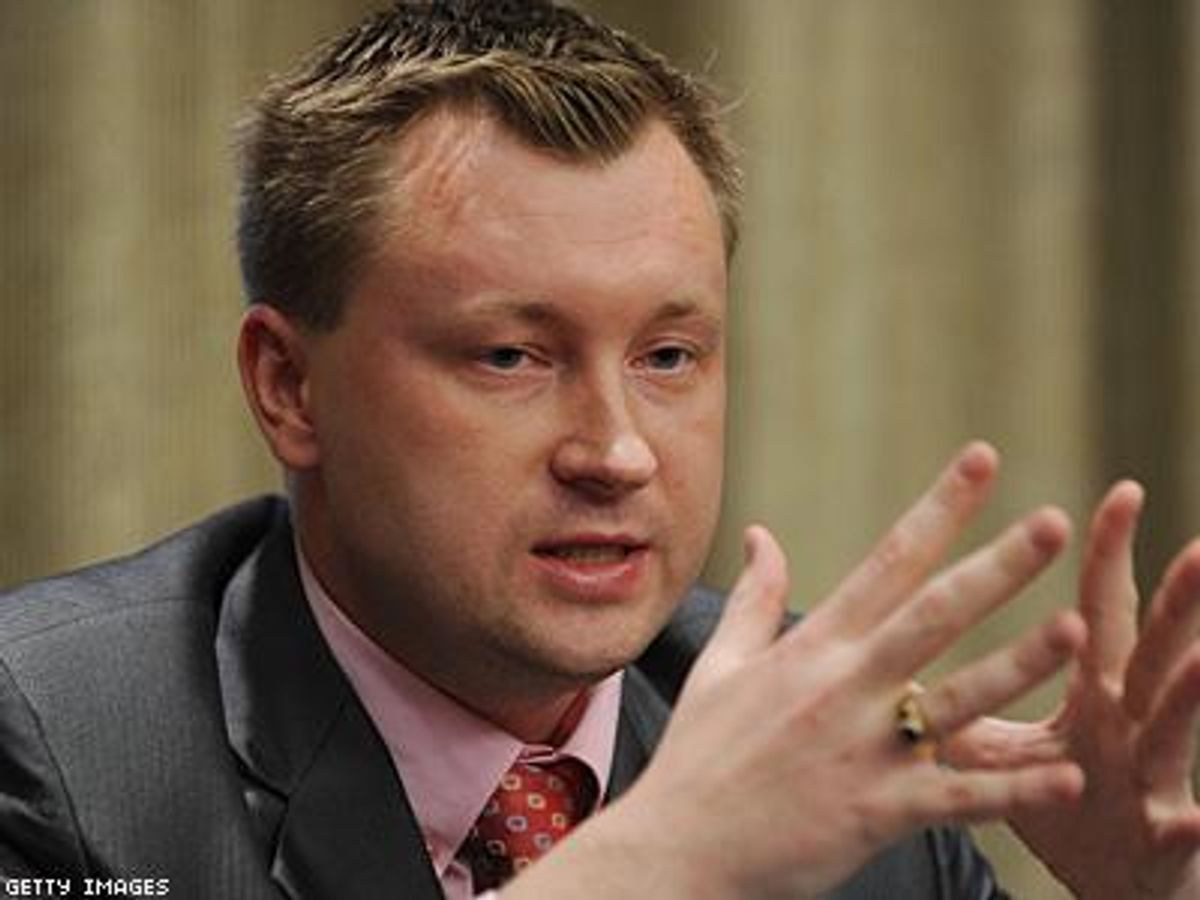A proposed American boycott of Russian vodka won't influence antigay policy or attitudes in the country, Russian LGBT activist Nikolai Alekseev told Gay Star Newstoday.
"To be honest, I don't see the point in boycotting the Russian vodka," Alekseev said. "It will [not] impact anyone except the companies involved a little bit. The effect will die out very fast, it will not last forever."
"And what is the aim of this boycott?" Alekseev continued. "The producers, even if they become bankrupt because of the boycott (which is unlikely), will not be able to influence Russian politics and President Putin as well as the decisions of the State Duma."
Dan Savage, an American columnist, gay activist, and founder of the It Gets Better Project, published a column in Seattle's independent newspaper The Stranger on Wednesday, titled "Why I'm Boycotting Russian Vodka," urging gay bars to stop serving the brand and others like Russian Standard, Shustov, Starka, and Stolnaya. At least one major gay bar in Chicago announced it would stop serving Stoli in protest of Russia's pervasive antigay policies.
Stoli issued a statement to The Advocate noting its long-standing commitment to and involvement within the LGBT community on Thursday. The CEO of The SPI Group, which owns Stoli Vodka, claimed the Luxembourg-based company is not affiliated with the Russian government, and that the vodka's production is split between Russia and Latvia.
Rather than heeding calls on Twitter to #DumpVodka, Russian activist Alekseev told Gay Star News that foreigners wanting to support Russia's embattled LGBT community should put public pressure on homophobic lawmakers, who recently passed a ban on so-called "homosexual propaganda," and on foreign same-sex couples or single adults adopting Russian orphans. Both bills were signed into law by President Vladimir Putin this month.
Illustrating the pervasive nature of antigay attitudes in Russia, a group of neo-Nazis are reportedly luring gay teenagers with fake online profiles promising dates, then assaulting and humiliating the teens on camera, according to reports and images that began circulating online Wednesday. The militants claim they are trying to destroy "pedophilia"in the Eastern European nation.



















































































Viral post saying Republicans 'have two daddies now' has MAGA hot and bothered